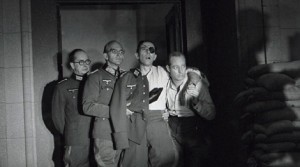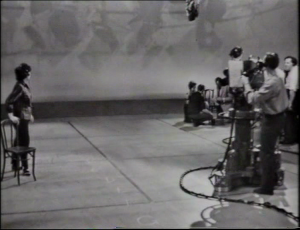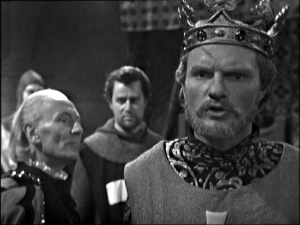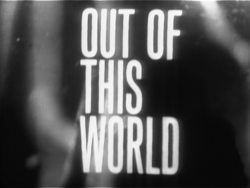OLIVER WAKE
The Wednesday Play Writer: Roger Manvell; Adapted from (novel) Roger Manvell and Heinrich Fraenkel; Producer: Peter Luke; Director: Rudolph Cartier
Broadcast in late 1964, The July Plot is an interesting example of a television play made during a formative moment in the history of British television drama.1 It was in production as the BBC’s drama strategy was being reformulated, resulting in the shake-up of the Corporation’s drama anthology output and the creation of the genre-defining The Wednesday Play (1964-70), as part of which it was ultimately transmitted. The July Plot is also an early example of drama documentary based around major events from within living memory, and a rare instance of its particular subject being tackled for a British audience. With this article, we aim to give an insight into the play’s production and an overview of its effect upon its audience.
Continue reading “The July Plot (1964)”
The Wednesday Play: ‘The July Plot’, BBC1, tx. 9 December 1964. ↩




